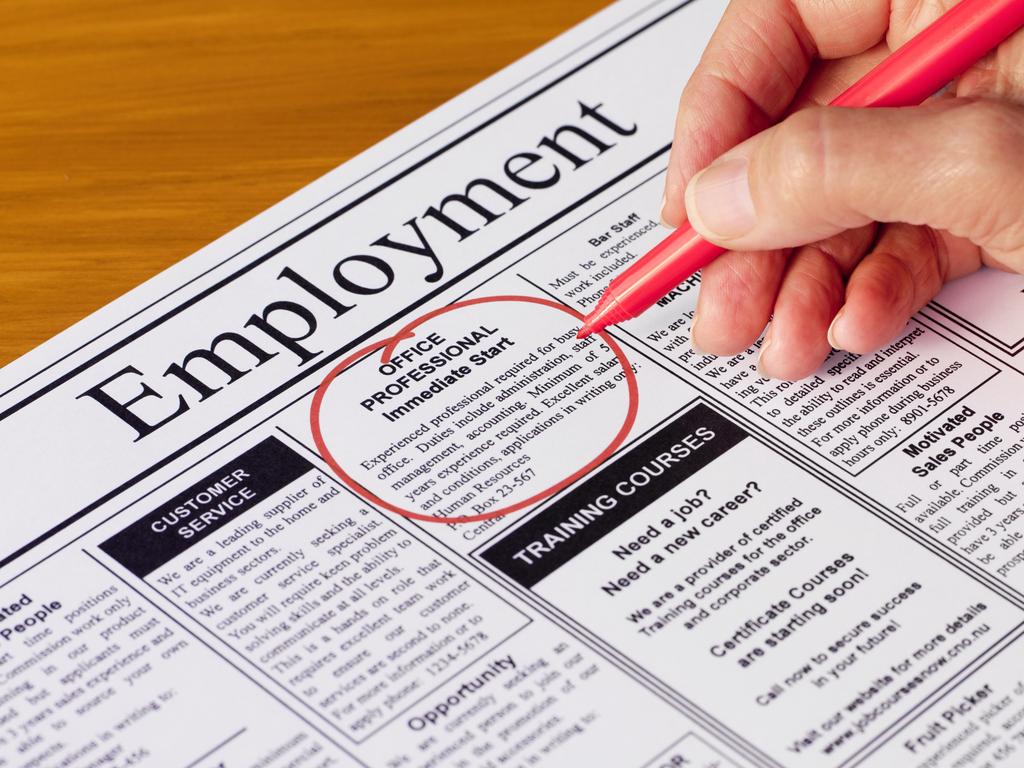Coronavirus management might make the difference for migration
The impact of the coronavirus on migration might not be as severe as first expected.

The impact of the coronavirus on migration might not be as severe as first expected and less people might leave Australia, economist James McIntyre told a panel on Thursday.
Australia’s comparatively positive record of containing coronavirus might have the effect of encouraging migration and discouraging emigration, said Bloomberg economist Mr McIntyre.
In a panel discussion for Bloomberg’s The Inside Track Series, Mr McIntyre said he was “a little less negative” on the impacts of declining immigration due to coronavirus border closures – despite the government expecting net overseas migration to fall to 34,000 in 2020-21, compared with 210,700 people in the year to December 2019.
“We are looking at a period ahead where the tailwind from net migration isn’t as strong as it was, but it’s still there,” Mr McIntyre said.
“I think we actually gained some attractiveness for people migrating to Australia and New Zealand because of how well we did with the virus.
“Yes, we might have a few less people coming in … but we will also be facing a period, at least in the next 18 months to two years, of less people leaving.”
Mining investment
Mr McIntyre also said there were some “nascent signs” of mining investment poised to underpin Australia’s future growth due to high global commodity prices – particularly for iron ore, the price of which has been buoyed because of the impact of the coronavirus on output in Brazil.
Despite this, Mr McIntyre and the other panellists said fiscal stimulus was still needed to help the economy once the JobKeeper wage subsidy and coronavirus supplement payments expired in September.
Consumer spending
Chief economist at St George Bank Besa Deda said that consumer spending will remain “soggy” as unemployment continues to rise and that the government should consider bringing forward personal income tax cuts slated for the next five years, as well as tackling industrial relations reform.
Chief economist at IFM Investors Alex Joiner said the government should look at extending coronavirus fiscal aids beyond the September expiry before looking at more “innovative” fiscal reform options.
“It is pretty clear that the unemployment rate and the labour market more broadly won’t have recovered by the time the JobKeeper programs end in September,” he said.
“The government has asked people to step out of the labour market … It would be remiss of the government not to return the support of these people in making that sacrifice.
“The government needs to set out an agenda of fiscal reform, deregulation, certainty around energy policy to get the economy going in a way that doesn’t surround just fiscal stimulus.”
Assistant professor of economics at the University of NSW Pratiti Chatterjee said that the RBA also had to assist by providing easy access to credit and liquidity, which “mitigates some of the negative effects the uncertainty shocks have caused”.
The panel broadly endorsed this view but unanimously agreed that the government had to lead the way in the economic recovery, with monetary policy all but reaching its limits even before the coronavirus pandemic hit.
Mr Joiner said that if the RBA changed tack on its position on negative interest rates, it would only “underpin asset markets” and inflate household debt rather than see the economy “recover in a healthy way”.
“That’s not something that we need in Australia. If we do something unconventional, we should at least do something original,” he said, suggesting that the RBA could implement a “helicopter money” policy, where it prints money and distributes it directly to infrastructure projects.
“Why wouldn’t we add to the productive capacity of the Australian economy?” he said.







To join the conversation, please log in. Don't have an account? Register
Join the conversation, you are commenting as Logout